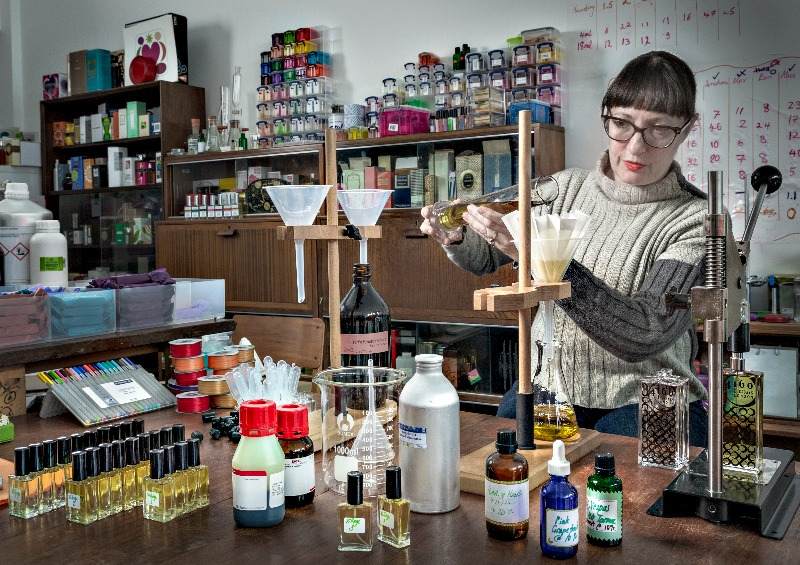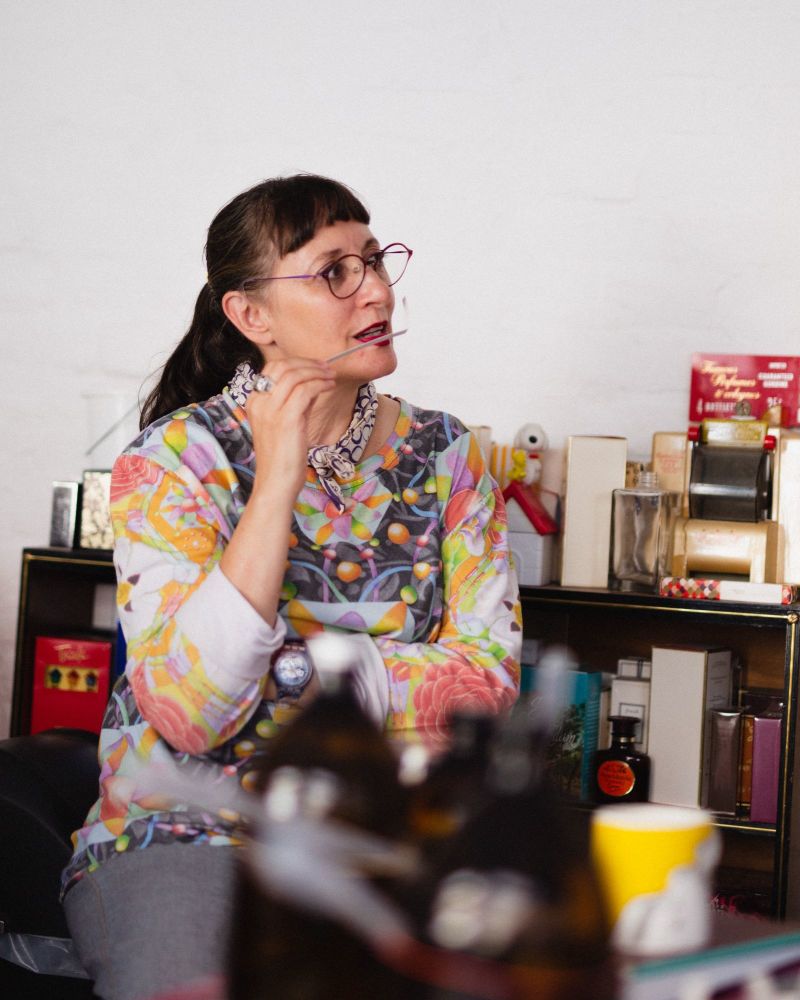New kids on the block - our latest scents
Posted on
New kids on the block - our latest scents

There’s often a lot going on around here, and sometimes it’s hard to keep up with it all. That’s perfectly fine – there’s no need to. Drop in and out of the 4160Tuesdays world whenever it suits you.
However, we’d hate for you to miss one of our new scents that might just be the one ‘made for you’. So here’s a quick update on our latest releases:
No Mow May
Our latest green floral amber. Perfect for a wildflower-filled May.
In the UK, during May, everyone is encouraged to let wildflowers grow to feed new generations of wildlife. Flowers feed the insects, which feed the birds.
“It’s so beautiful - fresh, bright, summery and restful. Everything I needed on a cold and chore-filled January day.” - Lisa Hitchin
Ginger Snap
Need I say any more? Probably not, but I’m going to, because how can I not talk about this irresistible scent? This is ginger being its best self: warm, spicy, shiny and cheerful, blended with supportive tonka absolute, cinnamon leaf and smooth amber woods.
Created for Scenthusiasm’s spice month, Sarah managed to get ginger to behave – behave very well, in fact.
“This blend is so pretty!!! The Ginger with Tonka Abs is quite magical :) ” - Kareema
Figs in White Chocolate
Green tea, figs and white chocolate, with the added scent of a creamy woods accord, orris and peaches.
While experimenting with the green tea materials, Sarah came up with this, and the team decided that this was the aroma, and so it was named.
“Figs in white chocolate, what a lovely not too sweet sort-of gourmand. This fragrance captures the ambivalence of figs, sweet fruitiness and a hint of vegetal bitterness, and cushions them in the equally delicate cloud of white chocolate.” - Sylvia Glanville-Hughes
Tempest Rose
A celebration of the best, most confident and powerful version of you, in a bottle. Sparkling aldehydes and citrus fruits, rich roses, jasmine and iris.
A collaboration scent, Sarah teamed up with Tempest Rose of House of Burlesque to create a burlesque dancer in a bottle.
“Tempest Rose is unsurprisingly delightful and beautiful” - Eric Riviello
London Linden
A beautifully fresh white honey linden blossom fragrance balanced with lilac and elderflower.
Inspired by the lovely linden trees in London in late spring. Created using natural extracts brought back from Sarah’s last trip to Bulgaria.
“It's a heavenly summer waft, makes me want to waggle dance like a bee.” - Emily Rose Mackay
That’s it for the latest additions to the 4160Tuesdays scent wardrobe.
But there are a few more new arrivals just around the corner, so keep an eye out for part two – coming very soon.
All the best,
Sinead & Team Tuesdays









